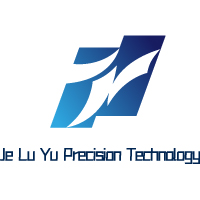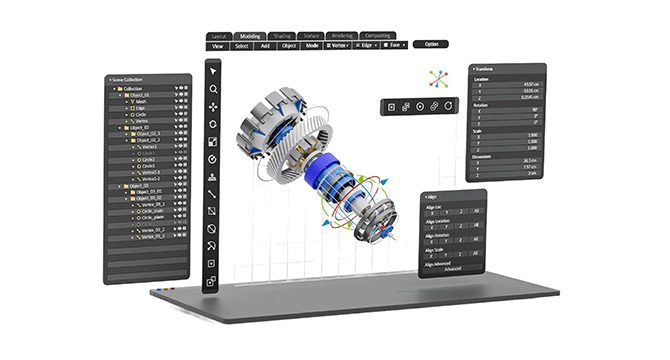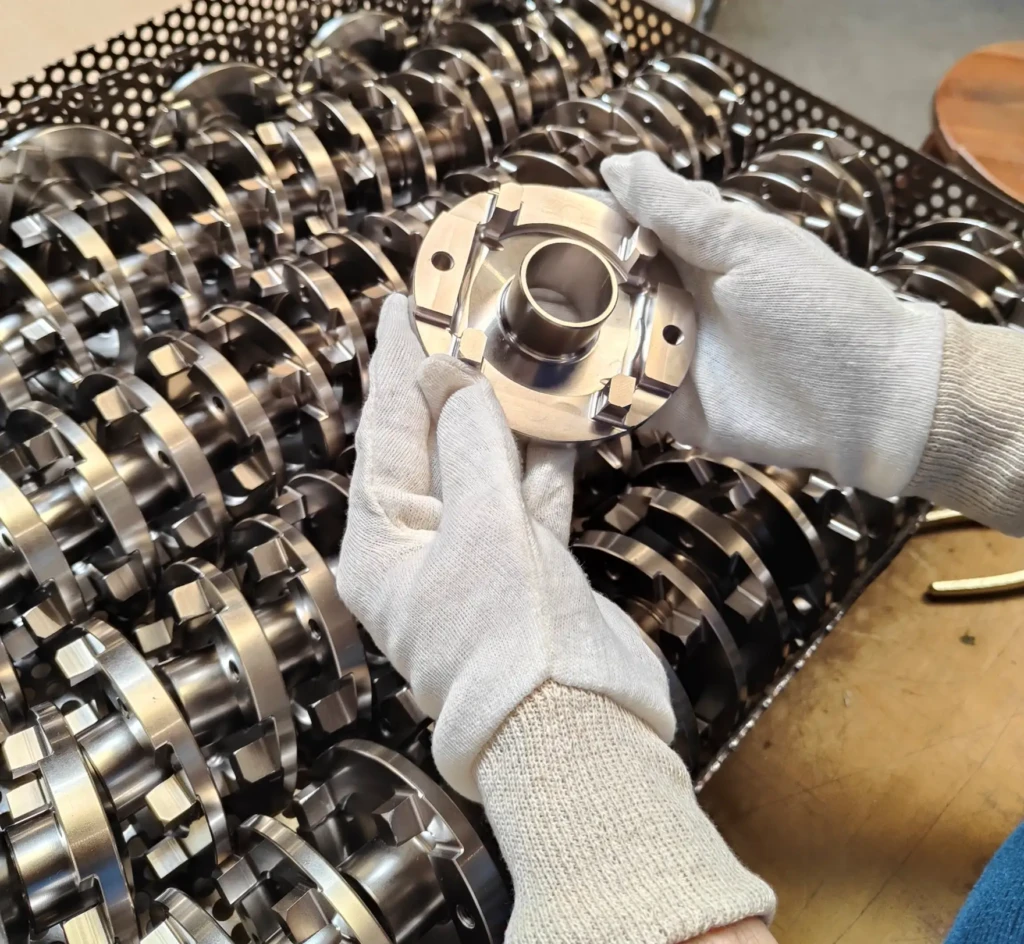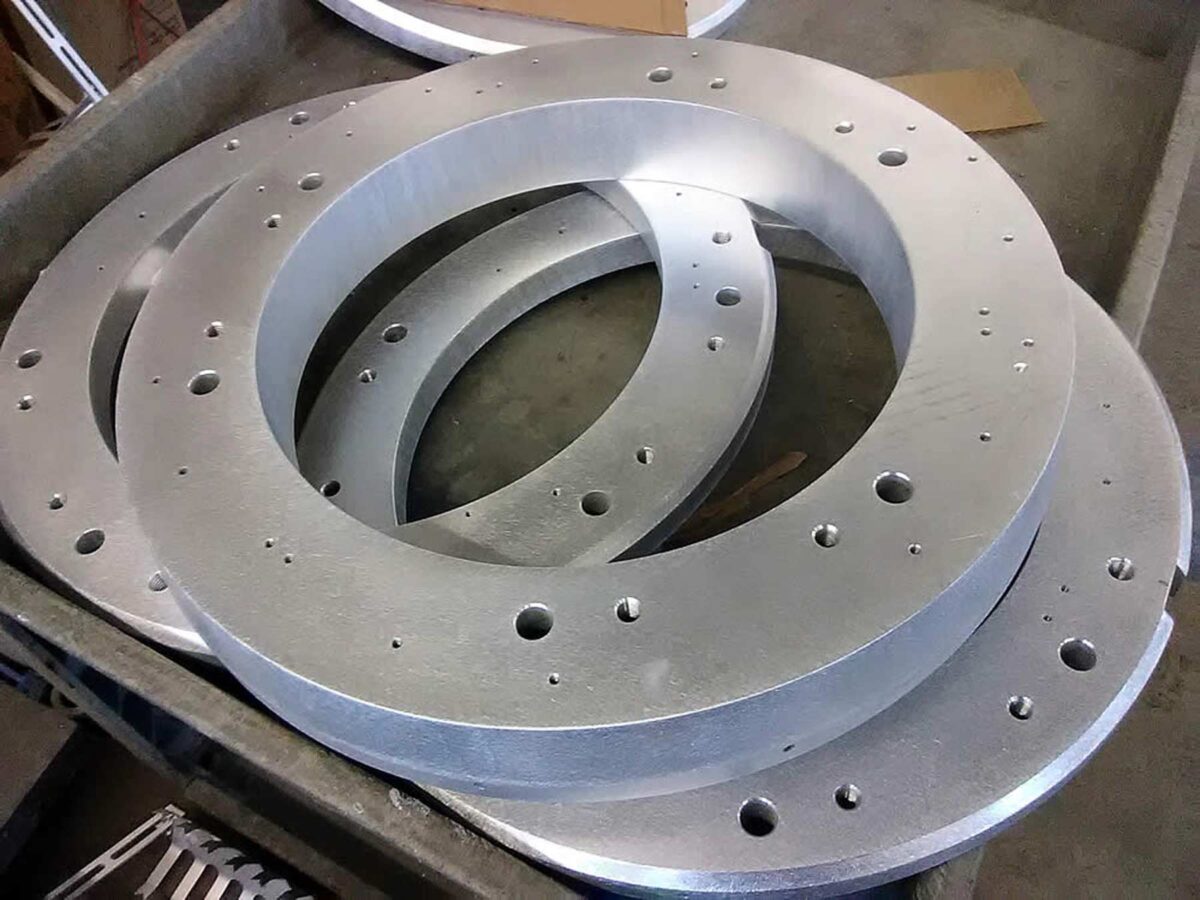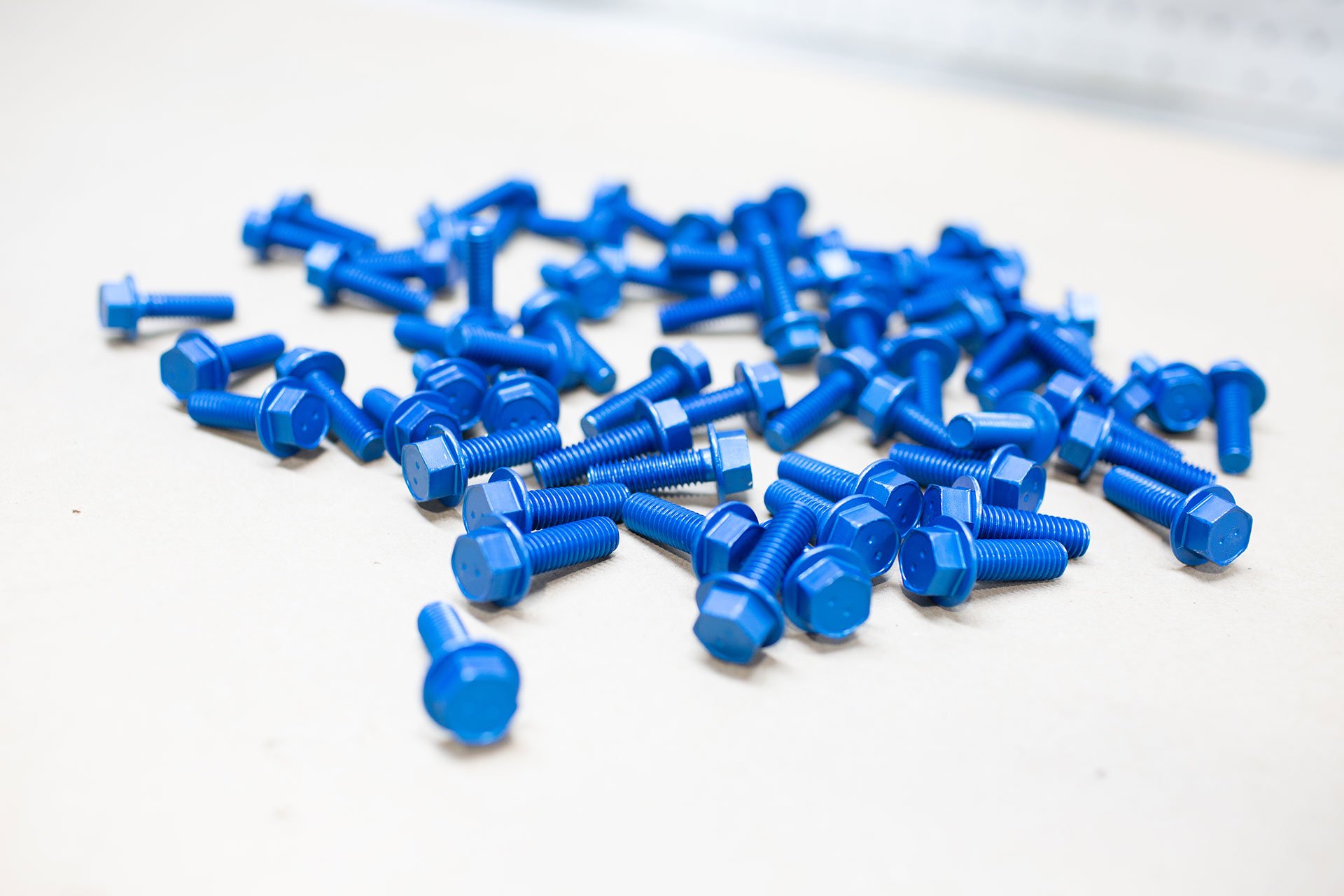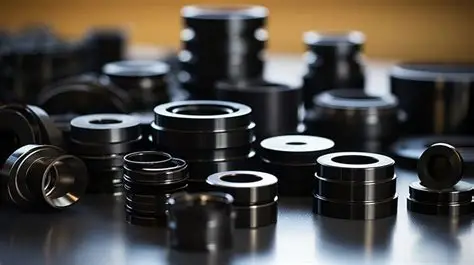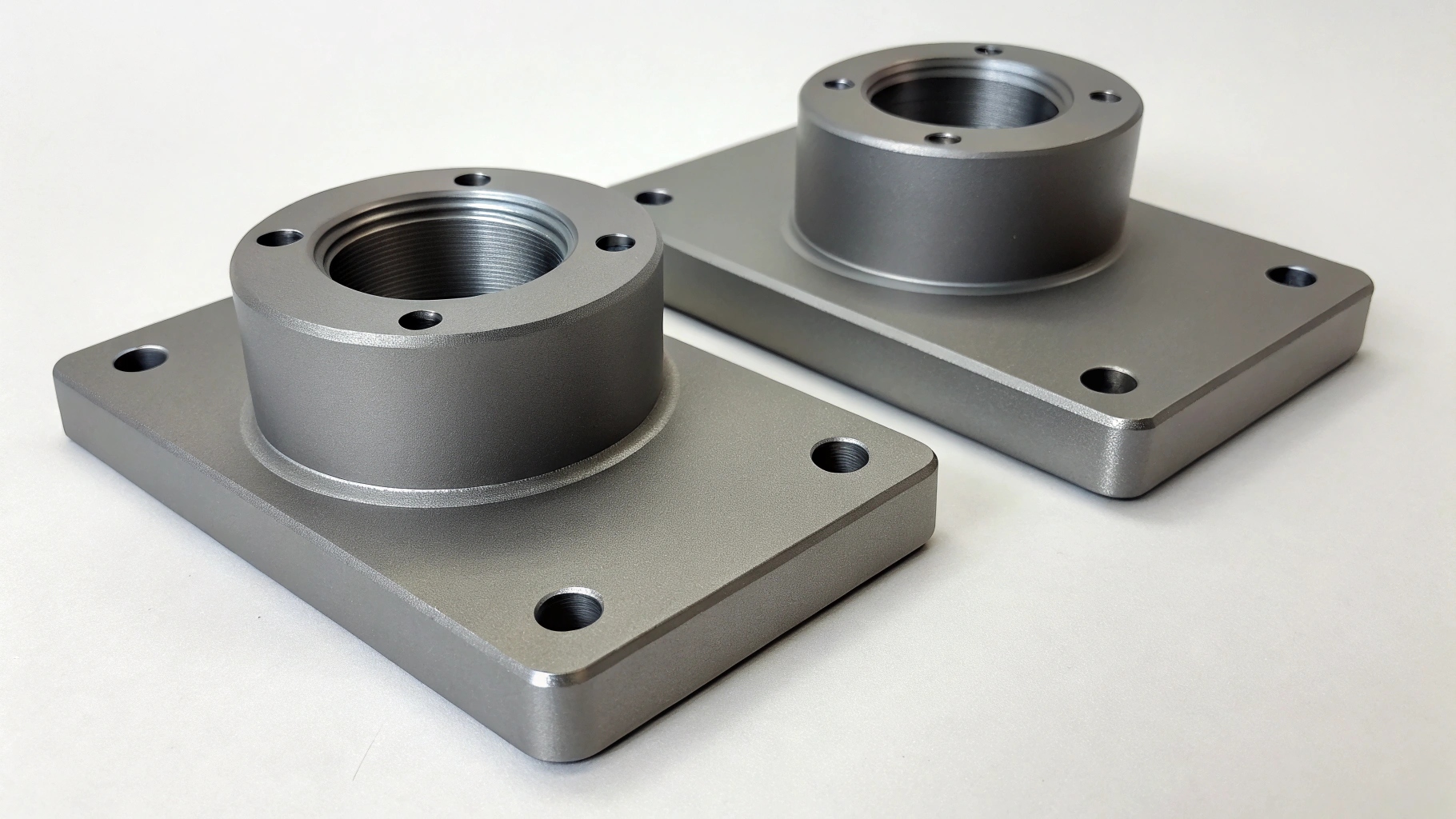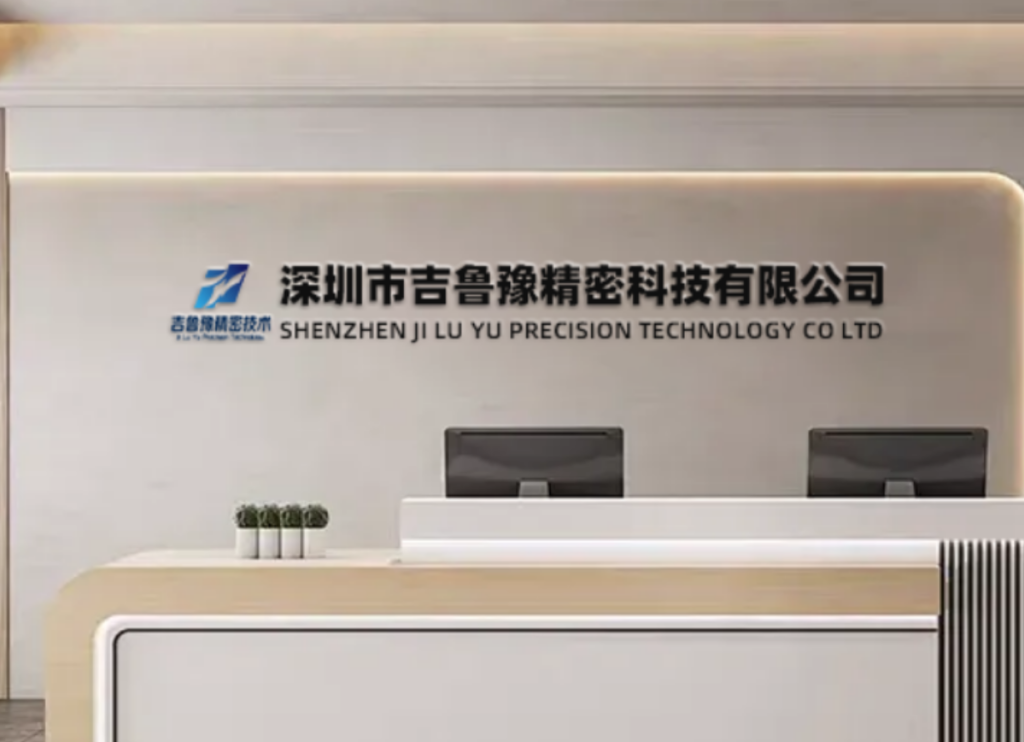Engineering Innovation Accelerated: The Strategic Manufacturing Partner for R&D Prototyping at Engineering Firms
In today’s competitive engineering landscape, the ability to rapidly transform conceptual designs into functional prototypes separates industry leaders from followers. The traditional model of engineering firms handling design internally while treating manufacturing as a separate, transactional function is becoming increasingly obsolete. At JLYPT CNC Machining, we have redefined this relationship by establishing ourselves as a comprehensive manufacturing partner for R&D prototyping at engineering firms, providing integrated technical expertise that bridges the gap between innovative design and manufacturable reality.
This detailed examination explores the sophisticated technical framework, collaborative methodologies, and advanced manufacturing capabilities that characterize an effective manufacturing partner for R&D prototyping at engineering firms. We will analyze how deep technical integration, flexible manufacturing strategies, and rigorous validation protocols create an environment where engineering innovation can flourish without traditional prototyping constraints.
The Transformative Impact of Manufacturing Partnerships on Engineering R&D
The evolution from vendor relationships to technical partnerships represents a fundamental shift in how engineering firms approach prototype development. As a dedicated manufacturing partner for R&D prototyping at engineering firms, we provide multidimensional support that extends significantly beyond conventional part production:
Integrated Technical Collaboration and Design Optimization
Our partnership methodology involves proactive engagement throughout the design and development process:
-
Early-Stage Design for Manufacturability (DFM): Comprehensive evaluation of component designs during conceptual phases to identify potential manufacturing challenges and recommend optimization strategies before finalizing CAD models
-
Advanced Material Selection Consulting: Expert guidance on material properties, availability, processing characteristics, and cost implications based on specific application requirements and performance parameters
-
Strategic Tolerance Analysis: Critical assessment of tolerance specifications to balance performance requirements with manufacturing feasibility, cost efficiency, and measurement capability
-
Manufacturing Process Optimization: Technical recommendations on selecting optimal manufacturing approaches based on geometry complexity, material characteristics, project timeline, and budget constraints
Technical Project Management and Engineering Integration
Successful R&D prototyping requires sophisticated coordination across multiple engineering disciplines:
-
Complex Technical Documentation Management: Handling intricate engineering drawings, 3D models, GD&T specifications, and technical documents with rigorous version control and engineering change management
-
Cross-Disciplinary Technical Integration: Coordinating between mechanical, electrical, materials, and software engineering teams to ensure mechanical components support comprehensive system integration requirements
-
Proactive Risk Mitigation Planning: Identifying potential technical challenges during design phases and developing engineered contingency strategies to maintain project momentum and technical objectives
-
Technical Communication Framework: Facilitating precise communication between engineering teams and manufacturing specialists to ensure alignment on technical objectives and performance criteria
Advanced Prototyping Methodologies for Engineering Research & Development
Different phases of the R&D process demand specialized prototyping approaches supported by appropriate technical resources:
Rapid Concept Validation and Feasibility Prototyping
For initial concept verification and fundamental design validation:
-
Accelerated Technical Turnaround: Implementing optimized manufacturing workflows to produce functional prototypes within 24-72 hours for critical design verification and proof-of-concept validation
-
Strategic Material Selection: Utilizing technically appropriate materials that provide adequate mechanical properties for initial testing while optimizing prototype costs and manufacturing efficiency
-
Critical Feature Fidelity: Prioritizing manufacturing accuracy for critical features and interfaces to validate design concepts without unnecessary investment in non-essential details
-
Iterative Design Support Infrastructure: Rapid production of design variations to compare performance characteristics and optimize technical direction based on empirical data
Engineering Validation and Performance Testing Prototypes
For components requiring rigorous functional testing under simulated operational conditions:
-
Production-Equivalent Materials: Manufacturing prototypes from technically equivalent materials matching final production specifications to ensure accurate performance data and material behavior
-
Precision Tolerance Implementation: Maintaining critical dimensional tolerances, geometric characteristics, and surface finishes to validate performance in simulated real-world conditions
-
Comprehensive Metrology Integration: Advanced inspection and validation of prototype components using CMM, optical scanning, and surface metrology to ensure they meet all design specifications before testing
-
Technical Documentation and Reporting: Detailed documentation of prototype characteristics, manufacturing parameters, and inspection data to support comprehensive test data analysis and engineering decisions
Pre-Production Validation and Pilot Manufacturing Support
For components approaching final design maturity and production readiness:
-
Production Process Simulation: Utilizing manufacturing methods that closely mirror planned production processes to identify potential issues and validate manufacturing strategies
-
Supply Chain Technical Coordination: Coordinating with material suppliers, specialty processors, and secondary operations to ensure seamless transition to production manufacturing
-
Quality System Implementation: Applying production-level quality controls, statistical process monitoring, and comprehensive documentation to validate manufacturing processes and capabilities
-
Design Finalization Technical Support: Identifying and resolving final design refinements based on prototype performance data and manufacturing optimization opportunities
Advanced Technical Capabilities for R&D Prototyping
Our manufacturing infrastructure and technical expertise support the diverse requirements of engineering R&D across multiple technical disciplines:
Multi-Axis CNC Machining Technical Capabilities
-
5-Axis Simultaneous Machining: Complex 3D contouring and uninterrupted machining of sophisticated geometries common in advanced engineering components with continuous toolpath optimization
-
High-Speed Machining Strategies: Optimized toolpaths, cutting parameters, and advanced tooling for superior surface finishes, reduced machining times, and enhanced dimensional stability
-
Precision Micro-Machining Expertise: Advanced manufacturing of small features, miniature components, and intricate geometries with tolerances to ±0.0005 inches and specialized tooling applications
-
Adaptive Machining Techniques: Dynamic adjustment of machining parameters based on real-time conditions, tool wear monitoring, and process optimization for consistent results
Advanced Material Processing and Technical Expertise
-
Exotic and Specialized Material Expertise: Comprehensive experience machining challenging materials including titanium alloys, Inconel, advanced composites, and engineered polymers
-
Material-Specific Technical Tooling: Specialized cutting tools, geometries, and parameters optimized for specific material characteristics and performance requirements
-
Advanced Thermal Management: Strategic control of thermal effects during machining through optimized coolant application, toolpath strategies, and process monitoring
-
Integrated Post-Processing Coordination: Coordinated secondary operations including heat treatment, surface finishing, coatings, and specialized treatments for enhanced performance
Technical Collaboration Framework for Engineering Partnerships
The table below details our structured approach to technical collaboration throughout the prototyping lifecycle:
| Collaboration Phase | Engineering Support Activities | Technical Deliverables | Quality Validation Methods |
|---|---|---|---|
| Concept Development | DFM analysis, material selection guidance, technical risk assessment | Manufacturing feasibility report, cost analysis, technical timeline projection | Design rule compliance verification, technical risk mitigation plan |
| Detailed Engineering Design | Tolerance analysis, feature optimization, manufacturing process selection | Updated 3D models, technical process documentation, tooling strategy | Tolerance stack-up analysis, process capability review, technical compliance |
| Prototype Manufacturing | Technical oversight, process optimization, real-time engineering adjustments | Precision machined components, manufacturing data, comprehensive inspection reports | First article inspection, dimensional validation, material verification, surface analysis |
| Testing and Validation Support | Performance data analysis, failure analysis, design refinement recommendations | Modified components, test fixtures, specialized instrumentation, technical reports | Test data correlation, performance validation, comprehensive failure analysis |
| Production Readiness | Process documentation, quality plan development, technical supplier coordination | Production-ready documentation, qualified processes, technical training materials | Process validation, capability studies, production part approval, technical compliance |
For comprehensive understanding of manufacturing standards and technical specifications, we regularly consult resources from ASME Digital Collection to ensure compliance with industry best practices and technical standards.
Comprehensive Case Studies: Engineering R&D Technical Partnerships
Case Study 1: Aerospace Flight Control Actuation System Development
-
Technical Challenge: An aerospace engineering firm required development of a novel electromechanical actuation system for advanced flight control surfaces. The project involved complex geometries, tight tolerances, advanced materials, and multiple design iterations within an aggressive development timeline.
-
Technical Collaboration Approach: Our engineering team worked integrally with the client’s R&D team from conceptual design through final prototype validation. We provided critical input on manufacturability of complex internal passages, recommended material alternatives that improved performance while reducing weight, and developed specialized fixturing for machining thin-walled components with strict dimensional requirements.
-
Advanced Manufacturing Strategy: We implemented 5-axis simultaneous machining strategies for the complex housing geometries and employed high-speed machining for precision gear components. The project required 12 design iterations over 6 months, with each iteration incorporating performance data from previous versions and continuous manufacturing optimization.
-
Technical Outcomes: The collaboration reduced development time by 40% compared to the client’s previous projects. The final prototype exceeded performance specifications while achieving a 15% weight reduction. The successful prototype led to a production contract and established an ongoing technical partnership for future R&D initiatives.
-
Internal Link: Learn about our comprehensive approach to engineering partnerships through our Precision CNC Machining Services.
Case Study 2: Medical Diagnostic Fluid Management System
-
Technical Challenge: A medical device engineering company needed to develop a compact, high-precision fluid handling system for a new diagnostic platform. The system required biocompatible materials, complex micro-fluidic channels, and exceptional reliability under continuous operational conditions.
-
Technical Collaboration Approach: We engaged in weekly technical reviews with the engineering team, providing manufacturing perspective on design challenges and suggesting alternatives that improved reliability while simplifying manufacturing. Our material science expertise helped select the optimal biocompatible polymer that balanced performance with manufacturability and regulatory requirements.
-
Advanced Manufacturing Strategy: The project utilized micro-machining capabilities for precise fluid channels and employed multi-axis machining for complex assembly interfaces. We developed specialized inspection protocols to verify channel dimensions and surface finishes critical to fluid performance and diagnostic accuracy.
-
Technical Outcomes: The collaboration resulted in a 30% reduction in component count through design integration and eliminated two planned redesign cycles. The prototype system achieved 99.8% reliability in extended testing, exceeding the client’s requirements and accelerating their regulatory submission timeline.
Case Study 3: Renewable Energy Power Transmission System
-
Technical Challenge: An energy engineering firm developed a novel power transmission system for wind turbine applications requiring large, complex components with precise gear geometries and exceptional durability under variable loading conditions and environmental exposure.
-
Technical Collaboration Approach: Our engineering team provided critical input on material selection for fatigue resistance, manufacturing approaches for large-scale precision components, and cost optimization strategies without compromising performance. We conducted joint FEA analysis to optimize structural features for weight reduction and performance enhancement.
-
Advanced Manufacturing Strategy: The project required development of specialized machining strategies for large components, including innovative fixturing solutions and toolpath optimization for extended tool life and dimensional stability. We implemented rigorous inspection protocols to verify gear tooth profiles, bearing surfaces, and structural integrity.
-
Technical Outcomes: The partnership delivered a full-scale functional prototype within budget and ahead of schedule. The design achieved a 20% improvement in power density compared to conventional systems and demonstrated exceptional durability in accelerated life testing. The successful prototype secured additional funding for the client’s continued development and technology commercialization.
Technical Infrastructure for Advanced R&D Partnership
Our manufacturing infrastructure and technical resources support the comprehensive requirements of engineering R&D across multiple technical disciplines:
-
Advanced CAD/CAM Integration Platform: Seamless data transfer between engineering design systems and manufacturing programming environments with comprehensive data management
-
Digital Manufacturing Planning Systems: Virtual simulation of manufacturing processes to optimize strategies, identify potential issues, and validate approaches before physical machining
-
Precision Metrology and Inspection Systems: Comprehensive measurement capabilities including CMM, optical scanning, surface metrology, and specialized gauging for complete validation
-
Material Testing and Analysis Resources: Access to material testing, metallurgical analysis, and performance validation resources for comprehensive prototype evaluation
-
Technical Documentation and Knowledge Management: Robust systems for maintaining project documentation, technical specifications, and capturing lessons learned for continuous improvement
The Evolving Future of R&D Manufacturing Partnerships
The role of manufacturing partners in engineering R&D continues to advance with emerging technologies and methodologies:
-
Integrated Digital Thread Implementation: Creating seamless data flow from conceptual design through manufacturing, testing, and performance validation
-
AI-Driven Manufacturing Optimization: Implementing machine learning algorithms to optimize manufacturing processes, predict potential issues, and enhance technical decision-making
-
Hybrid Additive and Subtractive Manufacturing: Combining 3D printing with precision machining for optimized prototype development and complex geometry creation
-
Virtual Prototyping and Digital Twin Integration: Integrating digital twins and simulation data with physical prototyping for comprehensive validation and optimization
-
Sustainable Engineering and Manufacturing Practices: Implementing environmentally conscious manufacturing approaches without compromising technical objectives or performance requirements
Conclusion: Strategic Technical Partnership for Engineering Innovation
The relationship between engineering firms and their manufacturing partners has evolved into a sophisticated technical collaboration that significantly impacts R&D success and innovation velocity. As a dedicated manufacturing partner for R&D prototyping at engineering firms, we provide substantially more than manufacturing capacity – we deliver comprehensive technical expertise, strategic engineering guidance, and collaborative problem-solving that accelerates innovation while reducing technical and schedule risk.
Our technical approach recognizes that successful R&D requires balancing ambitious engineering objectives with practical manufacturing considerations and economic realities. By integrating deeply with engineering teams and providing expert manufacturing guidance throughout the development process, we help transform innovative concepts into functional, reliable prototypes that validate design principles, demonstrate performance capabilities, and establish the foundation for successful product commercialization.
Ready to enhance your R&D capabilities with a strategic technical manufacturing partnership? Contact JLYPT CNC Machining today to discuss how our expertise as a manufacturing partner for R&D prototyping at engineering firms can accelerate your development timeline, reduce technical risk, and transform your innovative engineering concepts into tangible, testable reality.
